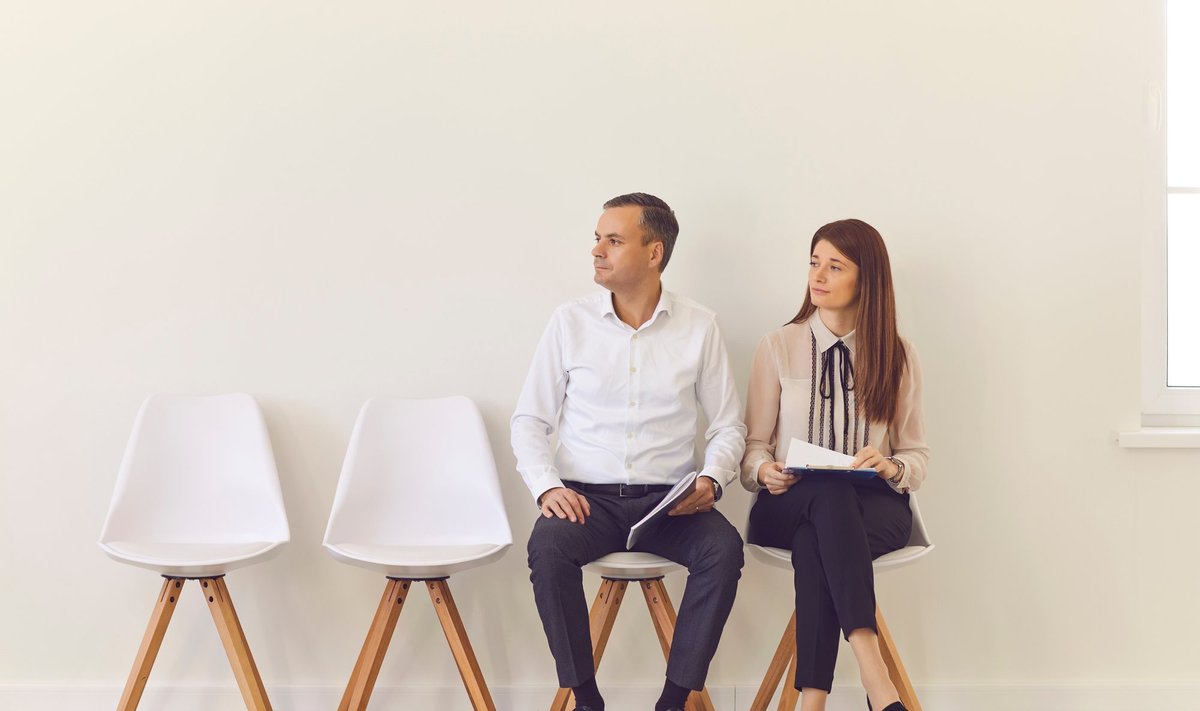Lithuania scored 2.2 points higher than last year in the latest Gender Equality Index published by the European Institute for Gender Equality (EIGE), with an overall index score of 60.6.
Compared to other EU countries, Lithuania's score also increased the most. Despite this, Lithuania failed to move up in the index and lags behind the EU average of 68.6 out of a possible 100 points.
Lithuania's best score was in the area of work, where it scored 73.9 points and ranked 11th. This does not mean an improvement as the gender equality indicator in the area of work has even slightly decreased since 2019, Lithuania's Equal Opportunities ombudsman Birute Sabatauskaite said in a statement issued on Monday.
Lithuania's score in the area of knowledge went up by 1.5 points, mostly due to an improvement in the gender balance in higher and tertiary education.
Lithuania also scored higher in the area of power (up by 6.1 points), ranking 18th among EU member states. This change was driven by progress in the area political decision-making as this year, 42 percent of ministers and deputy ministers were women. At the highest level, however, equality is still very much lacking as women make 28 percent of lawmakers in Lithuanian, which is still below the EU average of 33 percent.
According to the report, EIGE data shows that Lithuania has a very pronounced gender gap in the area of money as women earned on average 11.1 percent less than men last year.
"Clearly, lower salaries also lead to lower pensions for women, which is reflected in poverty statistics. Last year, the poverty rate for women was 22.4 percent and 17.1 percent for men. Women aged 65 and over are the most deprived and make as much as 42 percent", B. Sabatauskaite said.
Last year 57 percent of Lithuanian women reported that they were taking care of their children alone or with little or no help from their partners or other persons, according to the EIGE data. The same was said by 13 percent of men.
Women were also more likely than men to provide long-term care for relatives with illnesses, disabilities or other special needs as 25 percent of women and 14 percent of men reported spending more than four hours a day doing so.
Housework was also the most common responsibility of women, with 70 percent of women and 8 percent of men stating that they did housework themselves. Sabatauskaite says the latest data shows that the pandemic further exacerbated gender inequalities that existed in the areas of housework and care.
Sweden (83.9 points), Denmark (77.8 points) and the Netherlands (77.3 points) scored the highest points in terms of gender equality, while Hungary (54.2 points), Romania (53.7 points) and Greece (53.4 points) were the bottom of the list.
